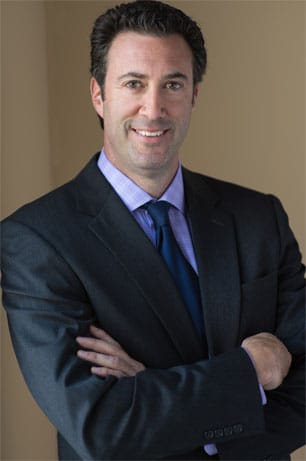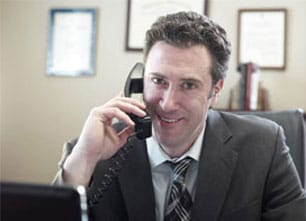What can I do if I’m harassed about a debt during or after bankruptcy?
When you file bankruptcy, two of the primary things that you are seeking are the automatic stay and discharge. The automatic stay prevents creditors from contacting you or taking action to collect the debts you owe (e.g. garnishments, foreclosures, etc.), while the discharge relieves you of the obligation to repay many of your debts. Although creditors normally respect both, there are times when some may intentionally or unintentionally violate the stay or discharge. If this happens, it is important for you to know of your legal rights.
Stay violations
The automatic stay goes into effect as soon as you file either Chapter 7 or Chapter 13 bankruptcy. After this point, it is illegal for creditors to do anything to collect the debt or contact you about it. If a secured creditor violates the stay by taking back the collateral that secures the debt (i.e. your house in a mortgage or car in a car loan), you have the right to ask the bankruptcy court to compel the creditor to return the property to you.
Regardless of whether the creditor is secured or unsecured (e.g. credit cards and medical debts), you also have the right to seek damages for stay violations. If the creditor knew or should have known that the stay was in effect when the violation occurred, the court may award you any actual damages you suffered because of the violation and attorneys’ fees. In cases where the creditor’s actions in violating the stay were extreme, you may also recover punitive damages and compensation for emotional distress.
Additionally, regardless of whether any damages were awarded, all creditors that violate the stay can face sanctions for contempt of court. In such cases, the creditors may be forced to pay fines and court costs for violating the court order (i.e. the stay).
Discharge violations
Although the automatic stay ends once bankruptcy has been completed, your protections do not end there. Sometimes, creditors may continue to contact you about debts that were discharged during your bankruptcy. Although your creditors may say otherwise, you are no longer legally obligated to pay these debts. Additionally, contacting you about discharged debts is illegal and can result in penalties.
For discharge violations, your legal remedies are similar to stay violations. You may recover any losses you suffered because of the violations plus attorneys’ fees. Also, creditors that violate the discharge also may face contempt of court sanctions and be compelled to pay court costs and fines.
Speak with an attorney
Unfortunately, creditor harassment is sometimes a reality before, during and after bankruptcy. Fortunately, at all stages of the bankruptcy, you have legal protections against unlawful harassment. However, in order to receive these protections, it is up to you to take the first step to protect your rights.
If you are experiencing creditor harassment at any stage, you can assert your rights by contacting the experienced bankruptcy attorneys at Ambrogio, Pletter & Associates, LLC. Our attorneys can immediately put a stop to the harassing behaviors and work with you to address your underlying debt problems.








